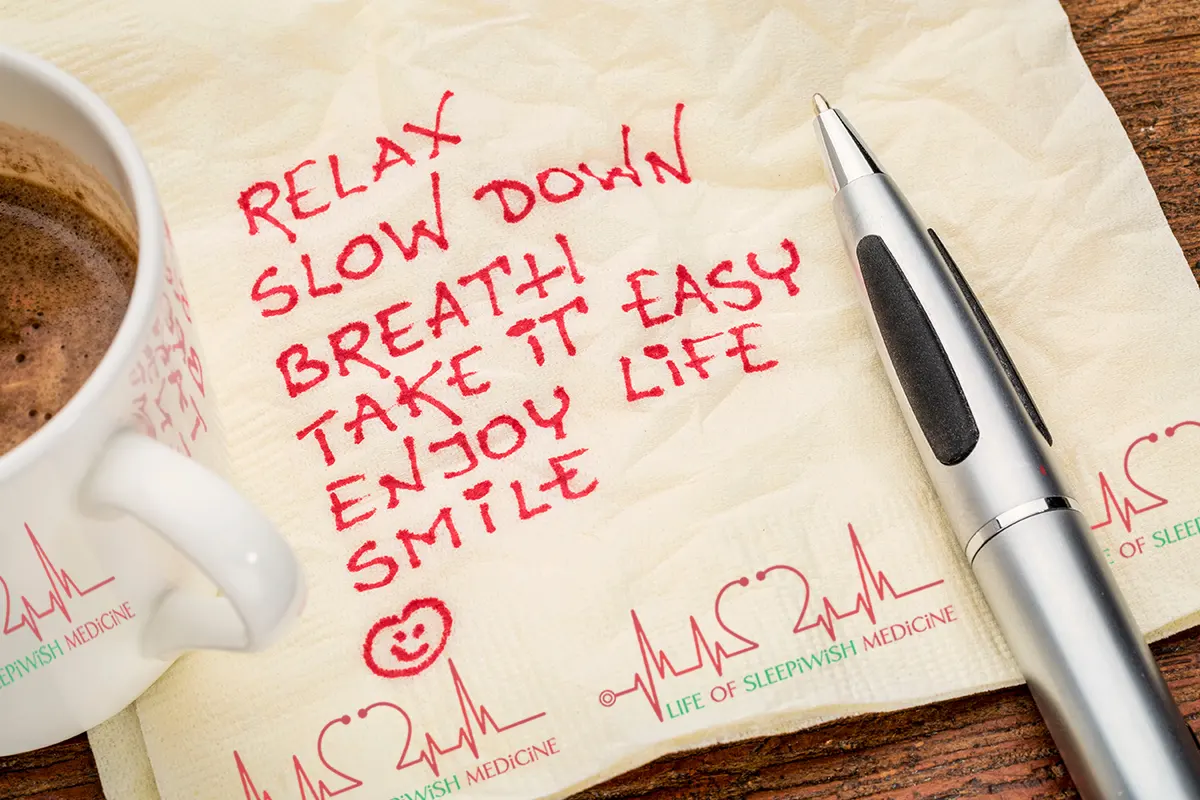
Stress is a common experience that individuals face in their daily lives.
It is a natural response to a challenging situation, such as a deadline or a difficult conversation. While stress can be beneficial in small doses, chronic stress can have a negative impact on an individual’s physical and mental health. In this article, I will explore the definition of stress, its physical and psychological effects, and the difference between acute and chronic stress. Additionally, I will discuss common stressors in daily life and the benefits of stress management. Finally, I will provide stress management techniques, activities, and resources that individuals can use to incorporate stress management into their daily routine.
Defining Stress
Stress is a natural physiological response that occurs when an individual perceives a threat or challenge. The body releases hormones, such as cortisol and adrenaline, which prepare the body for action. This response is commonly referred to as the “fight or flight” response and is designed to help individuals respond to a threat. However, when stress becomes chronic, the constant release of stress hormones can have a negative impact on an individual’s health.
The Physical and Psychological Effects of Stress
Stress can have a significant impact on an individual’s physical and mental health. The physical effects of stress can include headaches, muscle tension, fatigue, and digestive problems. Additionally, chronic stress has been linked to an increased risk of heart disease, hypertension, and diabetes. The psychological effects of stress can include anxiety, depression, and irritability. Chronic stress can also negatively impact an individual’s cognitive function, including memory and attention.
The Difference Between Acute and Chronic Stress
Acute stress is a short-term response to a specific event or situation. This type of stress is typically beneficial and can help individuals respond to a challenge. However, chronic stress is a long-term response to ongoing stressors, such as work or relationship problems. Chronic stress can have a negative impact on an individual’s health and well-being.
Common Stressors in Daily Life
Stress can come from a variety of sources, including work, relationships, finances, and health issues. Common stressors in daily life can include job demands, traffic, family conflicts, and financial pressures. Additionally, major life changes, such as a divorce or the death of a loved one, can also be significant stressors.
Benefits of Stress Management
Stress management is the process of identifying and managing stressors in order to reduce the negative impact of stress on an individual’s health and well-being. The benefits of stress management can include improved physical health, reduced anxiety and depression, and increased overall well-being. Additionally, stress management can improve an individual’s cognitive function and productivity.
Stress Management Techniques
There are a variety of stress management techniques that individuals can use to manage their stress. Mindfulness meditation is a technique that involves focusing on the present moment and accepting thoughts and feelings without judgment. Exercise is another effective stress management technique that can help reduce stress hormones and increase endorphins, which are natural mood-boosters. Finally, relaxation techniques, such as deep breathing or progressive muscle relaxation, can help reduce muscle tension and promote relaxation. You can read more about stress on the NHS website

Stress Management Activities
In addition to stress management techniques, individuals can engage in stress management activities to reduce stress. Journaling can be an effective way to process emotions and reduce stress. Engaging in hobbies, such as gardening or painting, can also be a helpful way to reduce stress. Finally, socializing with friends or family can provide a sense of support and connection, which can reduce stress.
How to Incorporate Stress Management into Your Daily Routine
Incorporating stress management into your daily routine can help reduce the negative impact of stress on your health and well-being. Setting aside time each day for stress management activities, such as exercise or meditation, can help make stress management a habit. Additionally, identifying and addressing ongoing stressors can help reduce the overall level of stress in your life.
Resources for Stress Management
There are a variety of resources available for individuals who are interested in stress management. Books, such as “The Relaxation Response” by Herbert Benson, MD, or “Full Catastrophe Living” by Jon Kabat-Zinn, can provide helpful information about stress management techniques. Additionally, podcasts, such as “The Calm Collective” or “The Daily Meditation Podcast,” can provide guided meditations and relaxation exercises. Finally, apps, such as Headspace or Calm, can provide access to guided meditations and relaxation exercises on-the-go.
Conclusion – The Importance of Prioritizing Stress Management for Your Overall Health and Well-being
Stress is a common experience that individuals face in their daily lives. While stress can be beneficial in small doses, chronic stress can have a negative impact on an individual’s physical and mental health. Prioritizing stress management can help reduce the negative impact of stress on your health and well-being. Utilizing stress management techniques, engaging in stress management activities, and incorporating stress management into your daily routine can help you reduce stress and improve your overall well-being.
If you are experiencing symptoms of stress, such as headaches, muscle tension, or fatigue, we have a wide range of medication to ease your symptoms. Please consult your healthcare provider for more information.




you are in reality a good webmaster The website loading velocity is amazing It sort of feels that youre doing any distinctive trick Also The contents are masterwork you have done a fantastic job in this topic